Samsung's new 14nm EUV DDR5 DRAM in mass production
The multilayer EUV DRAM boasts the highest bit density and offers speeds of up to 7.2 Gbps
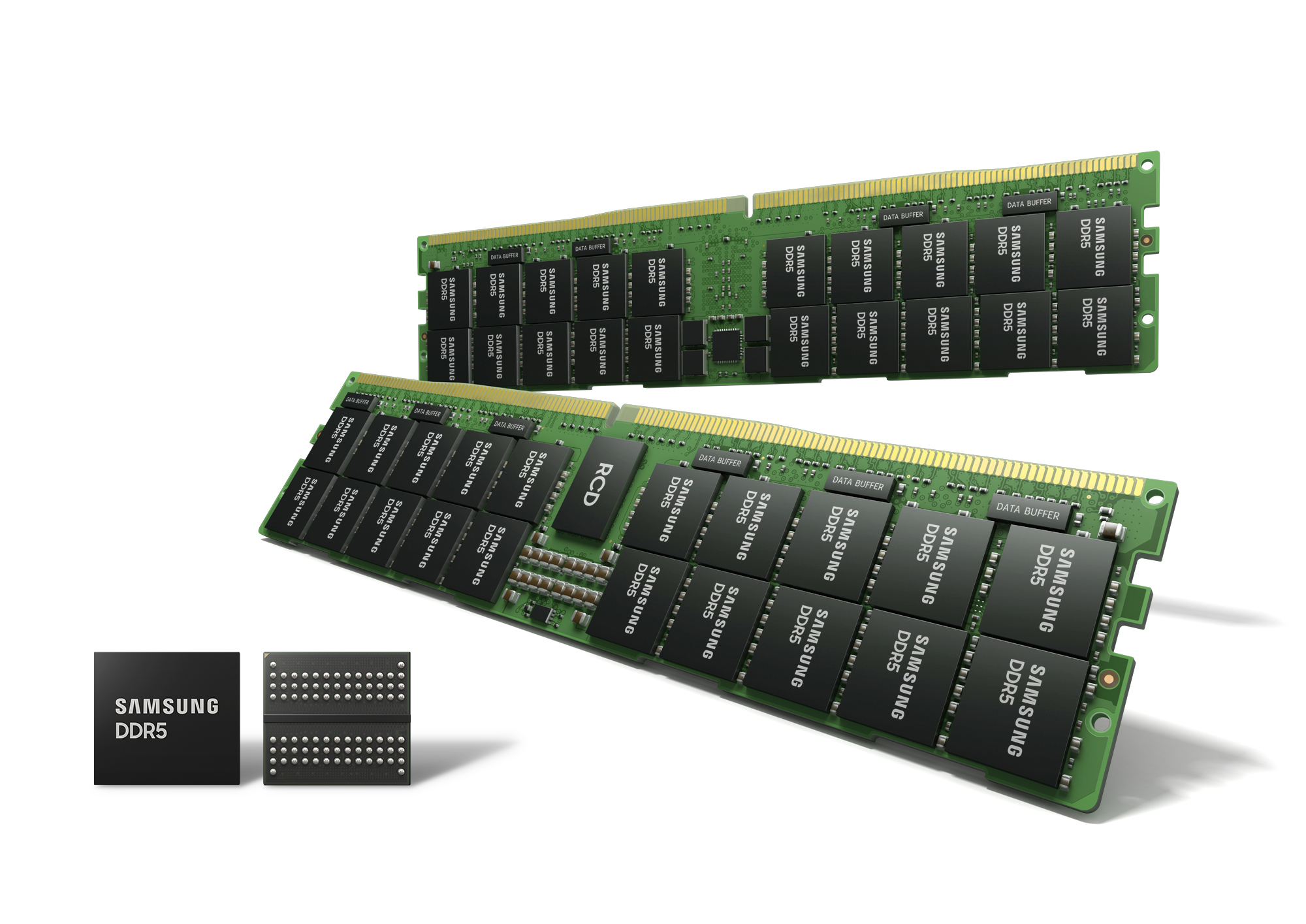
Using extreme ultraviolet (EUV) technology, Samsung Electronics has begun mass producing the world's smallest dynamic random-access memory (DRAM), measuring only 14 nanometers (nm).
Following the world's first EUV DRAM shipment in March 2020, Samsung has now increased the number of EUV layers for its Double Data Rate 5 (DDR5) solutions to five.
With DRAM scaling down to 10nm or smaller, EUV technology becomes increasingly important for higher performance and greater yields.
Samsung achieved the highest bit density while increasing wafer productivity by about 20% by applying five EUV layers to its 14nm DRAM. The 14nm process also contributes to a 20% reduction in power consumption when compared to previous generations of DRAM.
“We have led the DRAM market for nearly three decades by pioneering key patterning technology innovations,” said Jooyoung Lee, senior vice president and head of DRAM product and technology at Samsung Electronics.
Lee added, “Today, Samsung is setting another technology milestone with multi-layer EUV that has enabled extreme miniaturization at 14nm — a feat not possible with the conventional argon fluoride (ArF) process. Building on this advancement, we will continue to provide the most differentiated memory solutions by fully addressing the need for greater performance and capacity in the data-driven world of 5G, AI and the metaverse.”
Samsung's 14nm DRAM harnesses the latest DDR5 standard, allowing it to deliver unprecedented speeds of up to 7.2 gigabits per second (Gbps), more than double the speed of DDR4 at 3.2Gbps.
Get the ITPro daily newsletter
Sign up today and you will receive a free copy of our Future Focus 2025 report - the leading guidance on AI, cybersecurity and other IT challenges as per 700+ senior executives
The firm also announced plans to expand its 14nm DDR5 product line to support data centers, supercomputers, and enterprise server applications. Furthermore, Samsung plans to increase its 14nm DRAM chip density to 24Gb to meet the rising demands of the global IT industry.
Earlier this year, Samsung unveiled an AI-integrated memory solution to enhance high-speed data processing in supercomputers and AI applications, an industry-first.
-
 Bigger salaries, more burnout: Is the CISO role in crisis?
Bigger salaries, more burnout: Is the CISO role in crisis?In-depth CISOs are more stressed than ever before – but why is this and what can be done?
By Kate O'Flaherty Published
-
 Cheap cyber crime kits can be bought on the dark web for less than $25
Cheap cyber crime kits can be bought on the dark web for less than $25News Research from NordVPN shows phishing kits are now widely available on the dark web and via messaging apps like Telegram, and are often selling for less than $25.
By Emma Woollacott Published
-
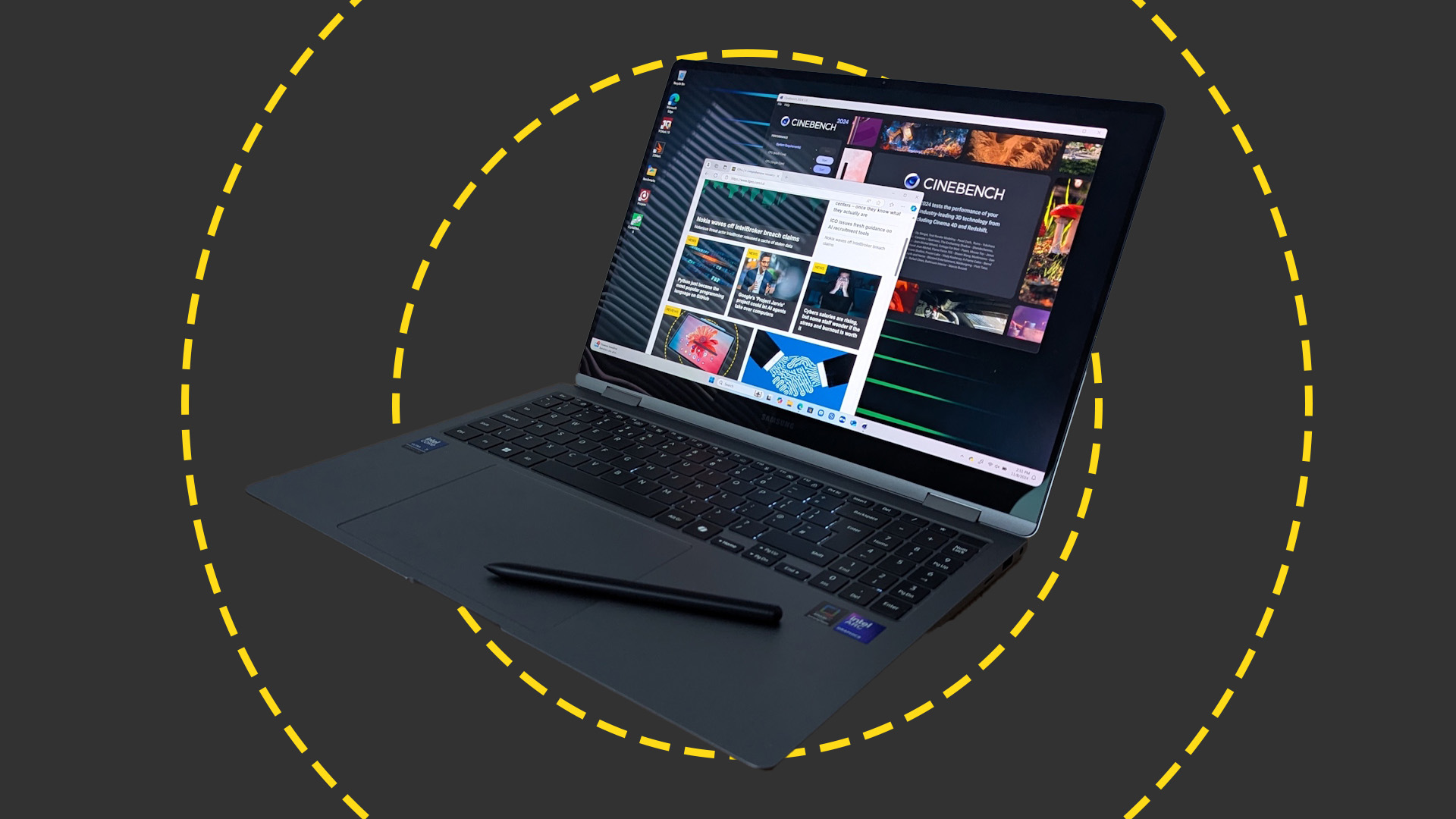 Samsung Galaxy Book 5 Pro 360 review: Almost the perfect big-screen laptop
Samsung Galaxy Book 5 Pro 360 review: Almost the perfect big-screen laptopReviews The Book 5 Pro 360 is a laptop you slowly get accustomed to, rather than one that feels right from the word go.
By Stuart Andrews Published
-
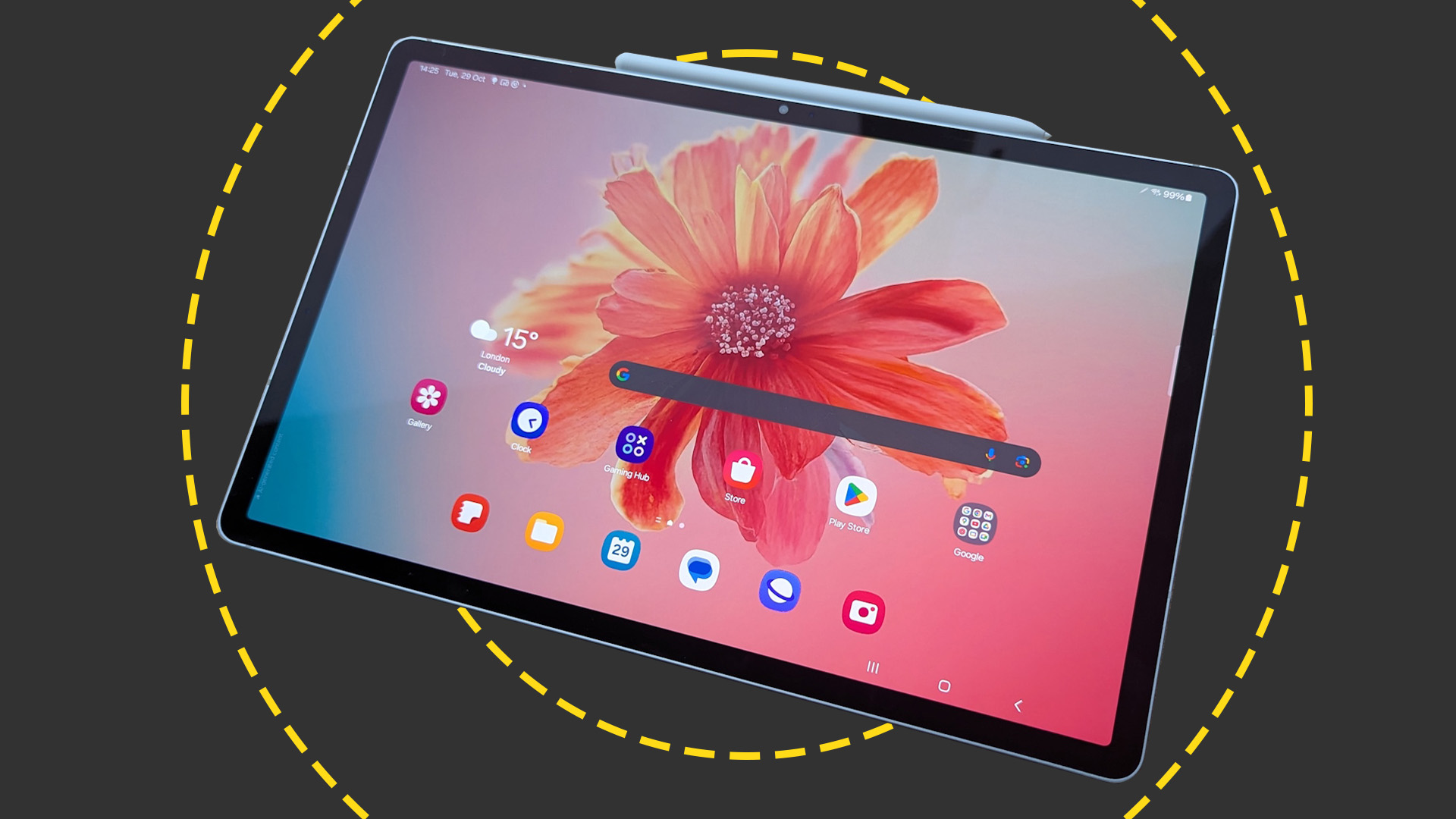 Samsung Galaxy Tab S10+ review: Possibly the best Android tablet for business
Samsung Galaxy Tab S10+ review: Possibly the best Android tablet for businessReviews With good performance, AI features and an exceptional screen, the Tab S10+ is the best Android tablet out there, if not quite the best tablet overall
By Stuart Andrews Published
-
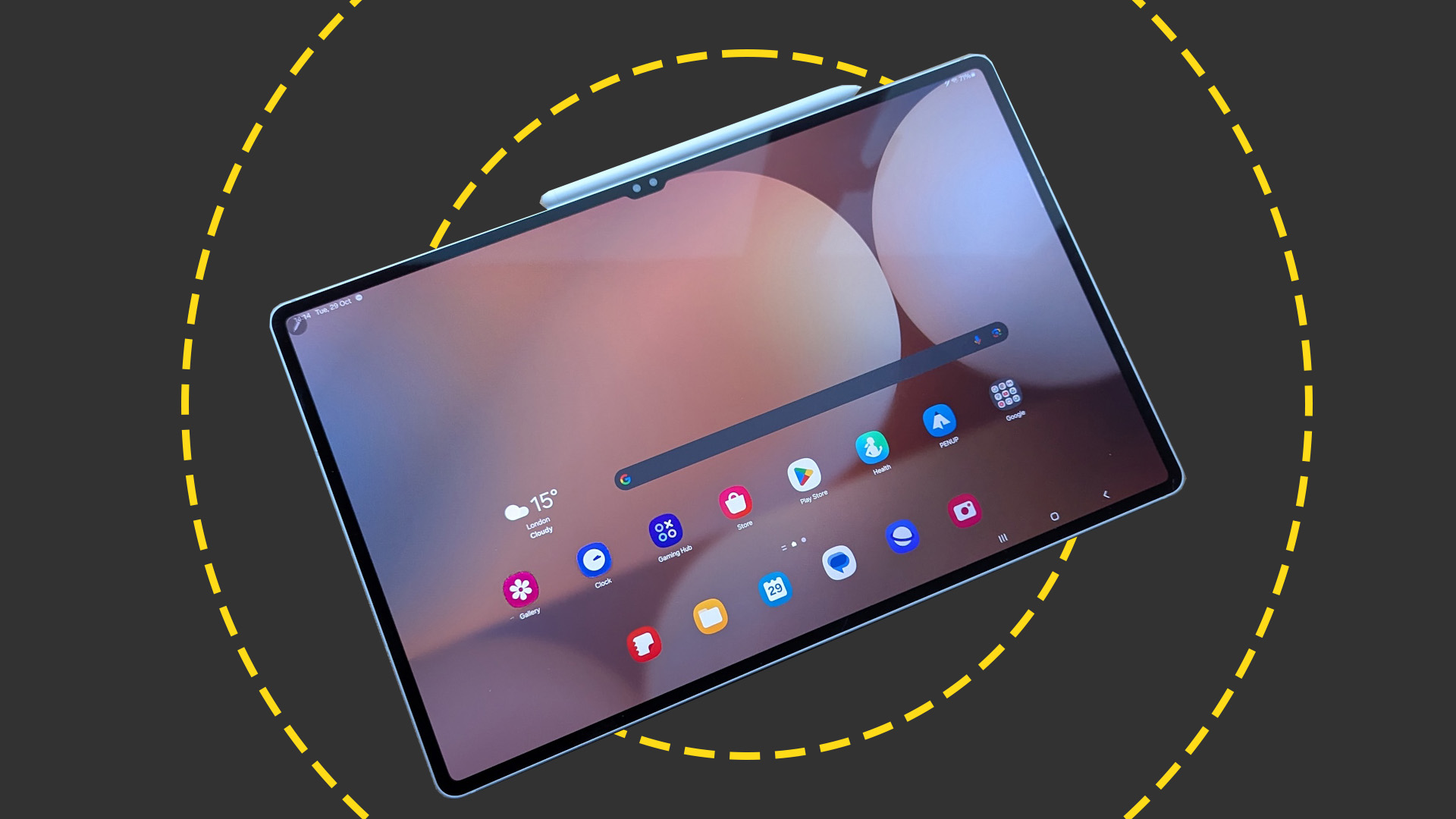 Samsung Galaxy Tab S10 Ultra review: Samsung's big-screen tablet is an AI-powered multitasking monster
Samsung Galaxy Tab S10 Ultra review: Samsung's big-screen tablet is an AI-powered multitasking monsterReviews The sheer size won't be for everyone, but the Tab S10 Ultra has the screen, performance, and multitasking prowess for serious work
By Stuart Andrews Published
-
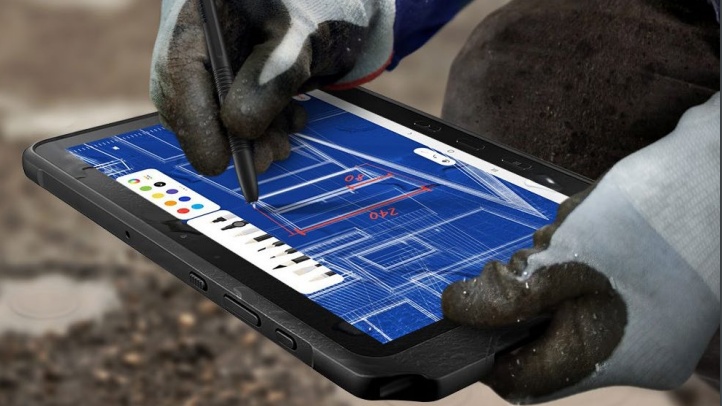 Rugged goes mainstream
Rugged goes mainstreamwhitepaper Why every business needs rugged devices to get the job done
By ITPro Published
-
 Why tougher doesn’t need to mean harder
Why tougher doesn’t need to mean harderwhitepaper Bridging the rugged and consumer device divide
By ITPro Last updated
-
 Samsung reveals plans for $15bn chip research center to break semiconductor scaling barriers
Samsung reveals plans for $15bn chip research center to break semiconductor scaling barriersNews The news follows the company's proposal in July to build 11 Texas semiconductor plants worth $191 billion
By Praharsha Anand Published
-
 Samsung Galaxy Z Flip 4 hands-on review: A welcome (if minor) update
Samsung Galaxy Z Flip 4 hands-on review: A welcome (if minor) updateFirst look Samsung’s latest foldable is appealing, but does little to stand out from its predecessor
By Adam Shepherd Published
-

 Samsung Odyssey Neo G8 review: A groundbreaking display for work and play
Samsung Odyssey Neo G8 review: A groundbreaking display for work and playReviews The world’s first 4K/240Hz screen delivers sensational contrast and great colours, albeit for a high price
By Mike Jennings Published